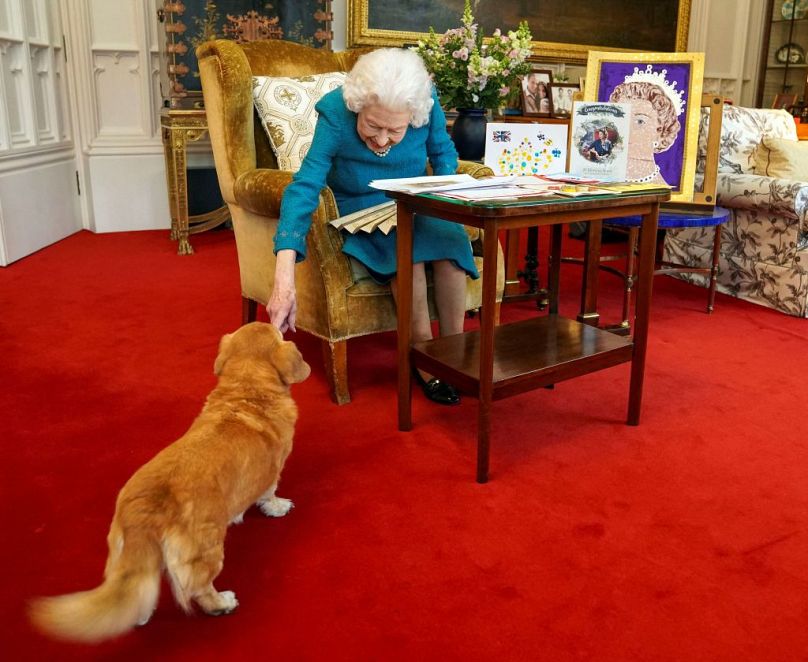A recent study has found that looking after a pet - particularly among single and elderly people - could help slow down rates of cognitive decline.
We all know the saying “dogs are for life, not just for Christmas”.
That phrase is particularly pertinent this year, as new research has shown owning dogs and other household pets can help keep the mind active in later life.
Dogs are well known for their ability to improve fitness levels in humans but, now, a British study has found pets can reduce memory decline over a decade than those without animals.
However, the findings, published in JAMA Neurology, show pet ownership is associated with slower rates of decline in cognitive skills only in older adults living alone - and not in those living with other people.
Scientists behind the research say it suggests pet ownership is therefore a good alternative for people who don’t have frequent interactions with others.
That includes people who have lost a spouse or other family members.
The report’s authors used data from 7,945 adults 50 years or older living in the UK.
Over nine years, they compared rates of decline in cognitive skills between pet owners and non-pet owners.
Every year, the participants were asked to perform several different tests. These included naming as many animals as possible in one minute and reciting 10 unrelated words immediately after they were given and again after a delay.
The tests measured verbal memory and fluency - both well known skills vital to performing daily tasks and remaining independent into old age.
The study showed that people living by themselves had the most significant mental decline - but this was hugely offset if a single person was caring for a pet.
Dr Yanzhi Li, lead author of the research, explained that loneliness is a known risk factor for dementia and pets can help the issue of social isolation and cognitive decline.
“It is worth noting that compared with pet owners living with others, pet owners living alone did not show faster rates of decline in verbal memory or verbal fluency,” he said.
“These findings preliminarily suggest that pet ownership might completely offset the association of living alone with faster rates of decline in verbal memory and verbal fluency among older adults,” Li added.
The results of the research didn’t specify the type of pets owned by the participants, but it suggests domestic animals are useful outside of keeping their humans physically fit.
The findings come just days after the release of a separate study from the University of Exeter and Maastricht University which found that social isolation is one of several risk factors for early-onset dementia.
Scientists had previously thought that genetics were the sole cause of dementia - particularly in early onset sufferers.
The team from Exeter and Maastricht, though, discovered that loneliness and depression also play a key role alongside health issues, poverty and a lack of education.
Commenting on the discoveries from both reports, Dr Leah Mursaleen, the head of clinical research at Alzheimer’s Research UK, explained there is growing hope for the future of the disease.
“We’re witnessing a transformation in the understanding of dementia risk and, potentially, how to reduce it on both an individual and societal level,” she said.

